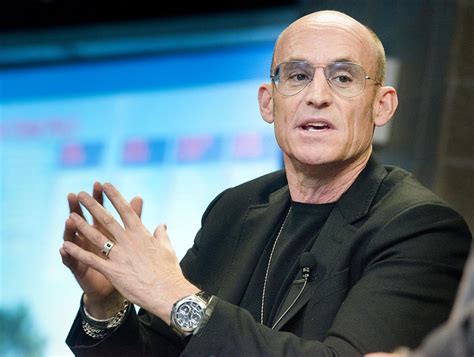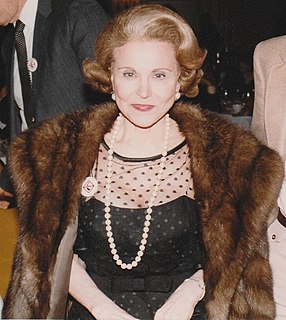A Quote by Oscar Wilde
Some people always know the price, but not the value
Related Quotes
Edge also implies what Ben Graham....called a margin of safety. You have a margin of safety when you buy an asset at a price that is substantially less than its value. As Graham noted, the margin of safety 'is available for absorbing the effect of miscalculations or worse than average luck.' ...Graham expands, "The margin of safety is always dependent on the price paid. It will be large at one price, small at some higher price, nonexistent at some still higher price."
People always get what they want. But there is a price for everything. Failures are either those who do not know what they want or are not prepared to pay the price asked them. The price varies from individual to individual. Some get things at bargain-sale prices, others only at famine prices. But it is no use grumbling. Whatever price you are asked, you must pay.
Value in relation to price, not price alone, must determine your investment decisions. If you look to Mr Market as a creator of investment opportunities (where price departs from underlying value), you have the makings of a value investor. If you insist on looking to Mr Market for investment guidance however, you are probably best advised to hire someone else to manage your money.
Volatility is a symptom that people have no idea of the underlying value-that they have stopped playing the asset game. They're not buying because it's a company with certain attributes. They're buying because the price is rising. People are playing games not related to any concept at all of what the long-term value of the enterprise is. And they know it.
If in the human economy, a squash in the field is worth more than a bushel of soil, that does not mean that food is more valuable than soil; it means simply that we do not know how to value the soil. In its complexity and its potential longevity, the soil exceeds our comprehension; we do not know how to place a just market value on it, and we will never learn how. Its value is inestimable; we must value it, beyond whatever price we put on it, by respecting it.
Economists tell us that the 'price' of an object and its 'value' have very little or nothing to do with one another. 'Value' is entirely subjective economic value, anyway while 'price' reflects whatever a buyer is willing to give up to get the object in question, and whatever the seller is willing to accept to give it up. Both are governed by the Law of Marginal Utility, which is actually a law of psychology, rather than economics. For government to attempt to dictate a 'fair price' betrays complete misunderstanding of the entire process.




































